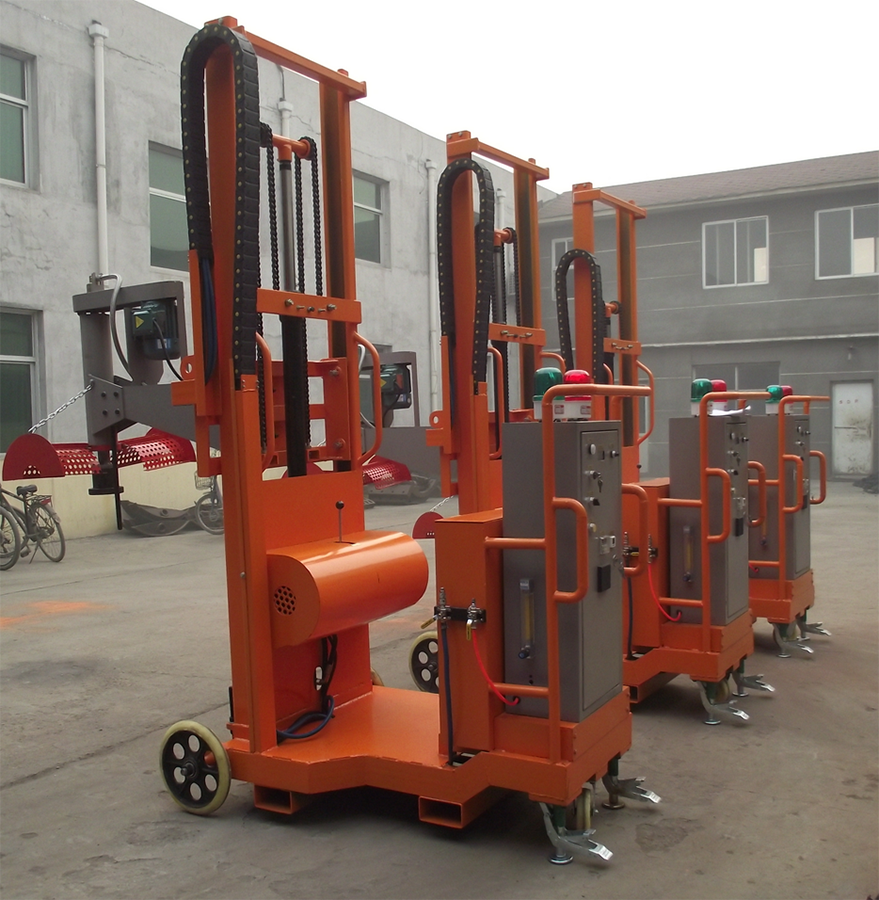

ኅዳር . 21, 2024 12:04 Back to list
Understanding Industrial Scrap Metal Shredders A Crucial Component in Metal Recycling
In today’s era of sustainable practices and environmental responsibility, the recycling of metal has become an increasingly important industry. Among the pivotal players in this sector are industrial scrap metal shredders, machines that facilitate the efficient processing of metal waste. These shredders not only help reduce the volume of scrap but also transform it into manageable pieces for further recycling, significantly contributing to resource conservation.
What Are Industrial Scrap Metal Shredders?
Industrial scrap metal shredders are heavy-duty machines designed to shred and recycle various types of metal waste. They typically handle metals such as steel, aluminum, copper, and other ferrous and non-ferrous materials. The shredding process involves breaking down large metal items into smaller, more manageable pieces, allowing for more efficient transport and processing at recycling facilities.
How Do Shredders Work?
Most industrial scrap metal shredders employ a series of blunt knives or hammers mounted on a rotating rotor. When scrap metal is fed into the machine, these blades turn at high speeds, slicing through the material and reducing it to smaller pieces. The size of the finished material can vary depending on the type of shredder and its settings, with most machines capable of reducing bulk scrap into fragments ranging from a few inches to a few centimeters.
The shredding process can involve several steps, including pre-shredding, secondary shredding, and air classification to separate ferrous from non-ferrous metals, as well as magnetic separation to remove contaminants. Each step enhances the quality of the recyclable material and maximizes the efficiency of the recycling operation.
Types of Industrial Scrap Metal Shredders
There are several types of industrial shredders available, each designed for specific applications and materials. Some of the most common types include
1. Primary Shredders These machines are typically used for pre-shredding large pieces of scrap metal, such as whole cars or bulky machinery. They produce larger fragments that are easier to handle.

2. Secondary Shredders These are designed for finer shredding and are often used after primary shredders to further reduce the size of the output, preparing it for the recycling process.
3. Hammer Mills Utilizing high-speed rotating hammers, these machines are effective for processing lighter metals and are often used in electronic waste recycling.
4. Granulators These are more specialized shredders that produce small particulates and are often used for the recycling of specific types of metals or alloys.
The Environmental Impact of Metal Shredding
The recycling of scrap metal through shredding not only helps in preserving natural resources but also significantly reduces greenhouse gas emissions associated with metal production. By recycling metals, manufacturers can save a considerable amount of energy compared to extracting and processing virgin materials. This energy savings contributes to lower carbon emissions and supports sustainability goals.
Additionally, metal shredders play a vital role in promoting a circular economy, where materials are continuously reused, reduced, and recycled, minimizing waste. By efficiently processing scrap metal, these machines help keep metals in circulation, reducing the need for new metal mining, which can be environmentally taxing.
Considerations for Choosing a Shredder
When selecting an industrial scrap metal shredder, several factors come into play. The type and volume of materials to be processed, desired output size, and the machine’s operational efficiency are critical considerations. Additionally, maintenance requirements, durability, and overall cost of ownership should also be evaluated to ensure the shredder meets the needs of the recycling operation.
Conclusion
As the demand for recycled metals continues to grow in pace with global sustainability efforts, the role of industrial scrap metal shredders becomes increasingly important. These machines not only enhance the efficiency of recycling operations but also play a vital part in reducing environmental impacts associated with metal production. Investing in advanced shredding technology can significantly improve a recycling facility’s output, making it a cornerstone of modern sustainable practices in the metal industry.
Latest news
Troubleshooting Common Eddy Separator Problems
NewsJul.04,2025
The Role of Metal Recycling Plants in Circular Economy
NewsJul.04,2025
The Impact of Recycling Line Pickers on Waste Management Costs
NewsJul.04,2025
Safety Features Every Metal Shredder Should Have
NewsJul.04,2025
How Industrial Shredders Improve Waste Management Systems
NewsJul.04,2025
How Cable Granulators Contribute to Sustainable Recycling
NewsJul.04,2025